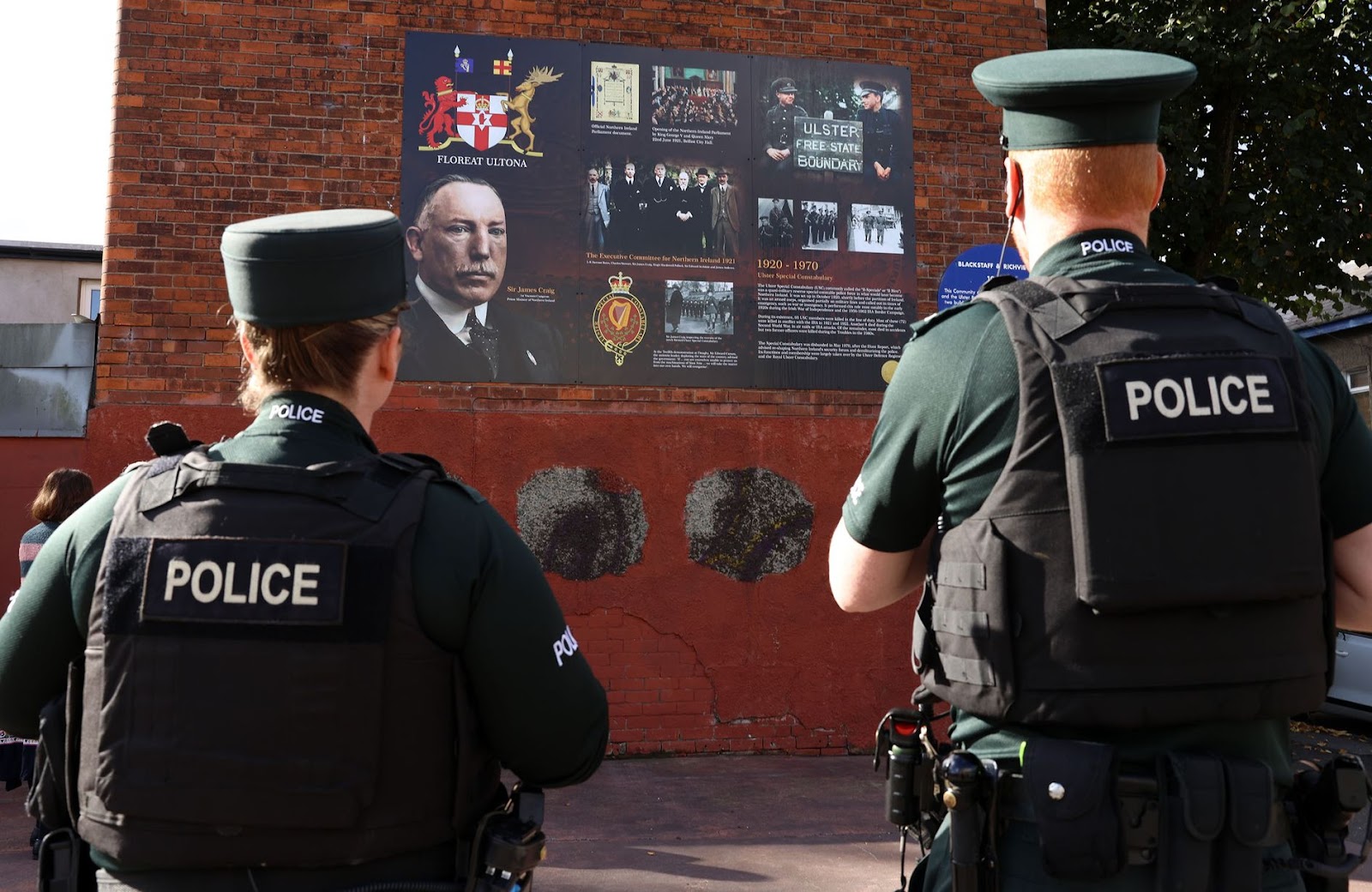Reverend Kyle Paisley is attending an Irish Senate event on the constitutional future of the island this weekend.
Attending the Seanad event via video link from England at 2pm on Friday, the son of the late Reverend Ian Paisley will meet with Irish politicians and communities throughout the island to hear and discuss their views on the constitutional question.
“He is coming to the first session and we will have other people from the unionist community coming in on subsequent sessions,” said Senator Mark Daly of Fianna Fail, also the Cathaoirleach (Chairperson) of the Seanad.
It is the first meeting of the Seanad’s Public Consultation into the constitutional future of the island of Ireland.
Reverend Kyle Paisley, who is minister at Oulton Broad Free Presbyterian Church in Suffolk said: “As a unionist it is my belief that Northern Ireland and it's people’s best interests are best served as part of the United Kingdom. A reimagined Northern Ireland is a vision that Unionism must embrace.”
Earlier this week, an exhibition highlighting unionist and Protestant voices in Seanad Eireann throughout its 100 years, was launched in Dublin.
Martin McAleese, who assisted loyalist groups to participate in the peace process and is also the Belfast-born husband of former President of Ireland, Mary McAleese, attended the launch on Wednesday, along with Ian Marshall, the first Ulster Unionist elected to the Seanad in almost 100 years, and former Supreme Court justice Catherine McGuinness.
The exhibition looks at unionist and Protestant voices in the Seanad after they found themselves in the minority following the foundation of the new state.Mr Daly said: “The presence of northern voices in the Upper House, both nationalist and unionist, has been critical in ensuring representative and inclusive debate, particularly during the Troubles and since the Good Friday Agreement.
“These contributions have provided insights and understanding that have not always been present in the Dail. As debates around Brexit, and the relationship between Ireland, Northern Ireland, the United Kingdom, and the European Union continue to evolve, the role of the Seanad in this area will continue to grow.”
Meanwhile, former First Minister Dame Arlene Foster has defended the Alliance Party after they had been accused of being “constitutional cowards” for rejecting an invitation to an Ireland’s Future event taking place on Saturday.
The Alliance Party was criticised by the SDLP’s Justin McNulty for rejecting an invitation to take part in the event in Dublin amid calls for it to “pick a side”.
It will be the only non-unionist party on the island not to attend Ireland's Future's 'Together We Can' gathering due to get underway in the 3Arena.Mr McNulty dubbed the party “constitutional cowards without the courage of their convictions”, to which Ms Foster tweeted: “I’m not sure calling an entire political party “cowards” is going to make them change their minds. Shared-island anyone?? #TogetherUK.”
Alliance has branded the conference as a "rally to endorse a united Ireland" and said it was "not an appropriate event for us to participate in".
A statement from Alliance said the party "has and continues to engage in discussions around the future of these islands on a non-prejudicial basis, including a recent panel event for Ireland’s Future and through the Seanad Eireann consultation on the constitutional future of the island of Ireland".
With many thanks to the: Belfast Telegraph and Niamh Campbell for the original story.
Follow these links to find out more on this story: A growing majority in the North of Ireland think Brexit has increased the likelihood of a United Ireland

















































